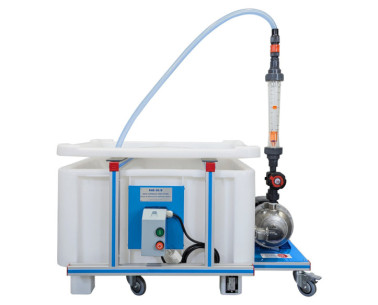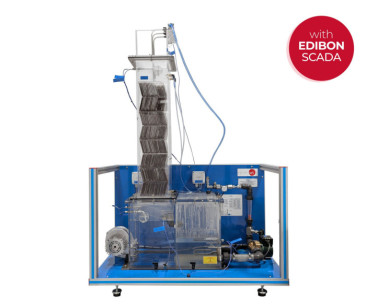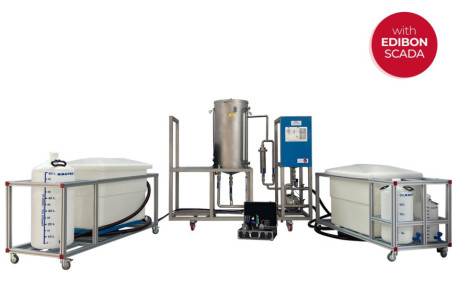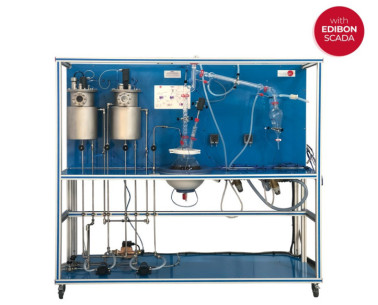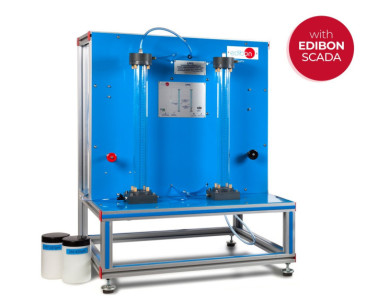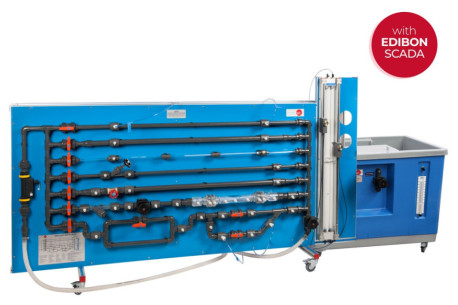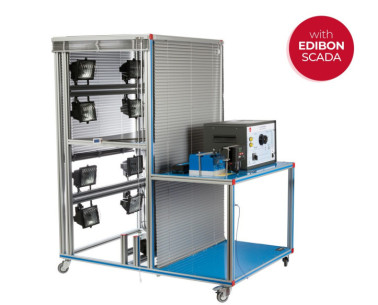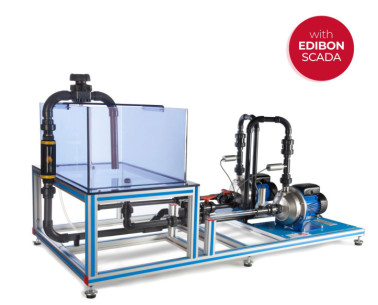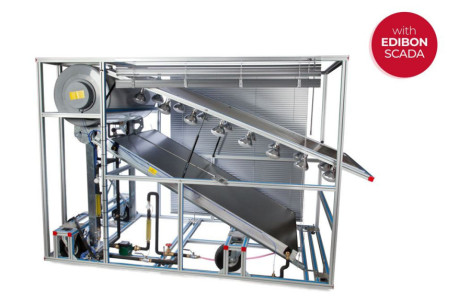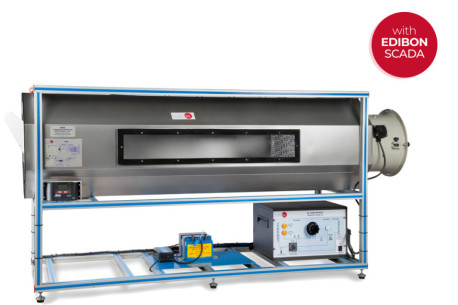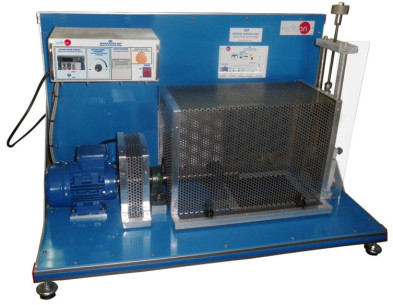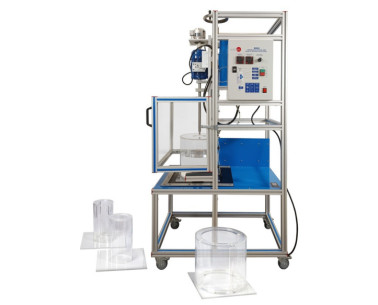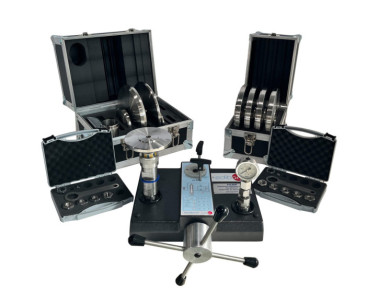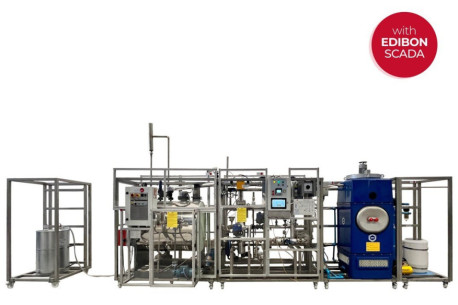- Startseite
- Produkte
- 1.- PHYSIK
- AKADEMISCHE PROGRAMME
- HÖHERE TECHNISCHE AUSBILDUNG
- LEBENSMITTELTECHNIK
- TOPOGRAPHIC ENGINEERING
- GEOLOGIE
- FOREST ENGINEERING
- UMWELTTECHNIK
- ÖKOLOGISCHES ENGINEERING
- TEXTILE ENGINEERING
- ENGINEERING FÜR DIE LANDWIRTSCHAFT
- MASCHINENBAU
- CHEMISCHE
- CHEMIEINGENIEURWESEN
- VERFAHRENSTECHNIK
- GEOLOGISCHE, BERGBAU- UND ÖLTECHNIK
- PETROLEUM-AUSBILDUNGSZENTRUM
- MEERESTECHNIK
- LANDWIRTSCHAFTLICHE TECHNIK
- ELEKTROTECHNIK
- DIE ARCHITEKTUR
- INFORMATIK UND INGENIEURWESEN
- NUKLEARTECHNIK
- AUTOMATISIERUNGATECHNIK
- ENERGIETECHNIK
- ZENTRUM FÜR ENERGIETRAINING
- ELEKTROTECHNIK
- SYSTEMS ENGINEERING
- LUFTFAHRTTECHNIK
- MARINE WISSENSCHAFTEN
- PHYSIK
- WIRTSCHAFTSINGENIEURWESEN
- INTERNATIONALES ZENTRUM FÜR TECHNISCHE AUSBILDUNG, ENTWICKLUNG UND FORSCHUNG
- WERKSTOFFTECHNIK
- METALLURGISCHE TECHNIK
- BAUINGENIEURWESEN
- TELEKOMMUNIKATIONS-INGENIEURWESEN
- THERMOTECHNIK
- TECHNISCHE SCHULEN
- ELEKTRONIK
- KOMMUNIKATIONSTECHNIK
- ELEKTRIK
- INFORMATIK UND INGENIEURWESEN
- AUTOMOBILTECHNIK
- BAUINGENIEURWESEN
- MECHANIK UND HERSTELLUNG
- MECHANISCH UND METALL
- STRÖMUNGSMECHANIK
- KÜHLUNG UND KLIMAANLAGE
- INDUSTRIELLE CHEMIE
- CHEMISCHE
- LEBENSMITTELTECHNIK
- LANDWIRTSCHAFT
- AGROINDUSTRIE
- INSTANDHALTUNG
- MARITIME UND FISCHEREI
- LUFTFAHRZEUGINSTANDHALTUNG
- INSTRUMENTIERUNG UND REGELUNG
- UMWELT
- TECHNOLOGIE
- BAUTECHNOLOGIE
- ELEKTROMECHANISCHE TECHNOLOGIE
- STRUKTURDESIGN-TECHNOLOGIE
- INDUSTRIEPRODUKTIONSTECHNOLOGIE
- INFORMATIONSTECHNOLOGIE
- QUALITÄTSKONTROLLE
- ENERGIESYSTEMTECHNOLOGIE
- BERGBAU- UND PETROLEUMTECHNOLOGIE
- TECHNIK FÜR NATURGAS
- ERNEUERBARE ENERGIEN
- TELEKOMMUNIKATIONSTECHNOLOGIE
- MECHANISCHE TECHNOLOGIE
- WINDENERGIETECHNOLOGIE
- KERNTECHNOLOGIE
- PROZESSKONTROLLTECHNOLOGIE
- ALLGEMEINE DIENSTLEISTUNGSTECHNOLOGIE
- LABORTECHNOLOGIE
- AUTOMATION UND MECHATRONIK
- TRANSPORT UND LOGISTIK
- HÖHERE TECHNISCHE AUSBILDUNG
- 2.- ELEKTRONIK
- 3.- KOMMUNIKATIONSTECHNIK
- 4.- ELEKTRIK
- 5.- ENERGIETECHNIK
- 5.1.- SMART GRIDS UND POWER SYSTEMS
- 5.2.- MIKROGRIDE
- 5.3.- ERNEUERBARE ENERGIEN
- 5.3.1.- PHOTOVOLTAISCHE SOLARENERGIE
- 5.3.2.- SOLARTHERMISCHE ENERGIE
- 5.3.3.- WINDENERGIE
- 5.3.4.- MEERESENERGIE
- 5.3.5.- GEOTHERMISCHE ENERGIE
- 5.3.6.- HYDRAULISCHE ENERGIE
- 5.3.7.- BIOKRAFTSTOFFE
- 5.3.8.- ENERGIESPEICHERSYSTEME
- 5.3.9.- WASSERSTOFFKRAFTSTOFFZELLEN
- 5.3.10.- DAMPFTURBINEN UND ORGANIC RANKINE CYCLES
- 5.3.11.- ANDERE NICHTKONVENTIONELLE SYSTEME
- 5.4.- KONVENTIONELLE ENERGIEN
- 5.5.- ENERGIESPEICHER
- 5.6.- HOCHSPANNUNGS- UND ELEKTRISCHE SCHUTZSYSTEME
- 5.7.- INSTALLATIONEN UND WARTUNG
- 6.- MECHATRONIK UND AUTOMATISIERUNG
- 7.- MECHANIK
- 8.- STRÖMUNGSMECHANIK
- 9.- THERMODYNAMIK & THERMOTECHNIK
- 9.1.- GRUNDLAGEN UND GRUNDKONZEPTE DER THERMODYNAMIK
- 9.2.- HEIZUNG, BELÜFTUNG, KLIMAANLAGE UND HEISSES WASSER
- 9.3.- WÄRMEPUMPEN
- 9.4.- KÜHLUNG
- 9.5.- THERMISCHES HYDRAULISCHES LEITUNGSSYSTEM
- 9.6.- WÄRMEÜBERTRAGUNG
- 9.7.- WÄRMETAUSCHER
- 9.8.- THERMISCHE MASCHINEN
- 9.9.- VERBRENNUNGSMOTOREN
- 9.10.- INSTALLATIONEN UND WARTUNG
- 10.- PROZESSSTEUERUNG
- 11.- CHEMIEINGENIEURWESEN
- 11.1.- EINHEITSBETRIEB
- 11.1.1.- FLUIDIZATION
- 11.1.2.- EVAPORATION
- 11.1.3.- BOILING
- 11.1.4.- DISTILLATION AND CRACKING
- 11.1.5.- EXTRACTION
- 11.1.6.- DIFFUSION
- 11.1.7.- DRYING AND COOLING
- 11.1.8.- ABSORPTION AND ADSORPTION
- 11.1.9.- ION EXCHANGE AND CORROSION
- 11.1.10.- CRYSTALLIZATION AND PYROLYSIS
- 11.1.11.- FILTRATION, SEDIMENTATION AND MIXING
- 11.1.12.- SOLIDS TREATMENT
- 11.2.- CHEMISCHE REAKTOREN
- 11.1.- EINHEITSBETRIEB
- 12.- NAHRUNGSMITTEL- UND WASSERTECHNOLOGIE
- 13.- UMWELTTECHNIK
- 14.- BIOMEDIZINTECHNIK
- 14.1.- BIOMECHANIK
- 14.1.1.- MECHANICS FUNDAMENTALS KITS
- 14.1.2.- EINFACHE MASCHINEN
- 14.1.3.- STATIK UND DYNAMIK
- 14.1.4.- VIBRATIONEN UND OSZILLATIONEN
- 14.1.5.- TRIBOLOGIE (REIBUNG, TRAGUNG, SCHMIERUNG)
- 14.1.6.- STRUKTURMECHANIK
- 14.1.7.- FOTOELASTIZITÄT UND STRAIN-MESSUNG
- 14.1.8.- MECHANISCHE TESTS
- 14.1.9.- THERMISCHE UND AKUSTISCHE PRÜFUNGEN
- 14.2.- BIOMEDIZINISCHE ELEKTRONIK
- 14.3.- BIOMEDIZINISCHE AUSRÜSTUNG
- 14.1.- BIOMECHANIK
- LABORZUBEHÖR
- MAßGESCHNEIDERTE PILOTANLAGEN
- MODULEN
- ERWEITERUNGEN
- LABORATORIEN
- Geschäftslinien
- Technologie
- Herunterladen
- Über uns
- Nachrichten
- Kontaktiere uns
Setting up at University of the Punjab, Pakistan.
Precision Manometer Calibrator (HCMP) and a Pipe Friction Equipment with Hydraulic Bench (AFTC), which allows studying pressure losses and pressure developments in different types of valves and couplings. Also, some innovative systems such as the Series/Parallel Pump Bench (PBSPC) controlled from a computer to demonstrate the operational advantages of operating in series or in parallel.
Regarding the study of centrifugal fan operation, a Centrifugal Fan Didactic Equipment (HVCC) and an EMLS system for liquid and solid mixing have been installed.
Taking the SCADA control system as a reference, the Fixed and Fluidized Bed Equipment, Computer-Controlled (LFFC), would be present, along with equipment such as the Integrated Laboratory of Basic Fluid Mechanics (LIFLUBA) or the Hydraulic Bench (FME00). For equipment more focused on the analysis and study of the world of heat transmission, solar energy, or photovoltaics, systems like TSTCC, EESTC, or EESFC, all controlled from the computer, have been chosen.
Fields such as wind power with the EEEC equipment or fatigue testing with the EEF will also be studied.
Knowledge and management of the various stages of the biodiesel and bioethanol production cycle will also be possible thanks to the installation of equipment such as EBDC and EBEC, designed to study and control the production process of these elements on a laboratory scale. Regarding the exploration of the construction, design, and operational characteristics of a modern water evaporation cooling system, they will also have a Desktop Cooling Tower Equipment (TTEC).
We are very proud to continue providing installations as comprehensive as this one, which allow supporting specific education in these areas, and we will continue supporting education worldwide by installing larger plants. A clear example of this is steam power plants (TPTV), which allow converting thermal energy into mechanical energy and then into electrical energy. Thanks to these educational plants, students can effectively understand the complete process and the basic components of a power plant (a heat source to generate steam, a turbine with load, and a cooling system to condense steam) controlled from a computer and under the proprietary control system of EDIBON, SCADA.
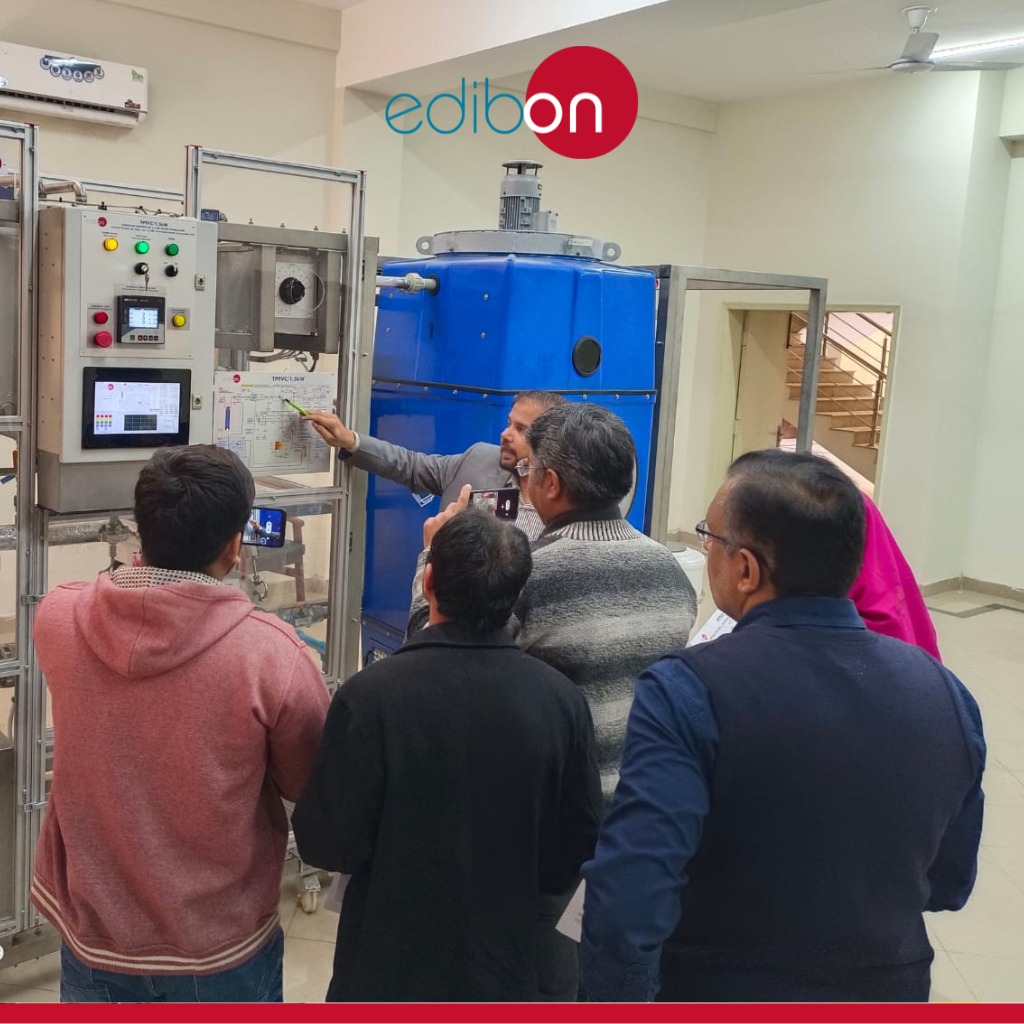
 Cookie-Präferenzen
Cookie-Präferenzen


